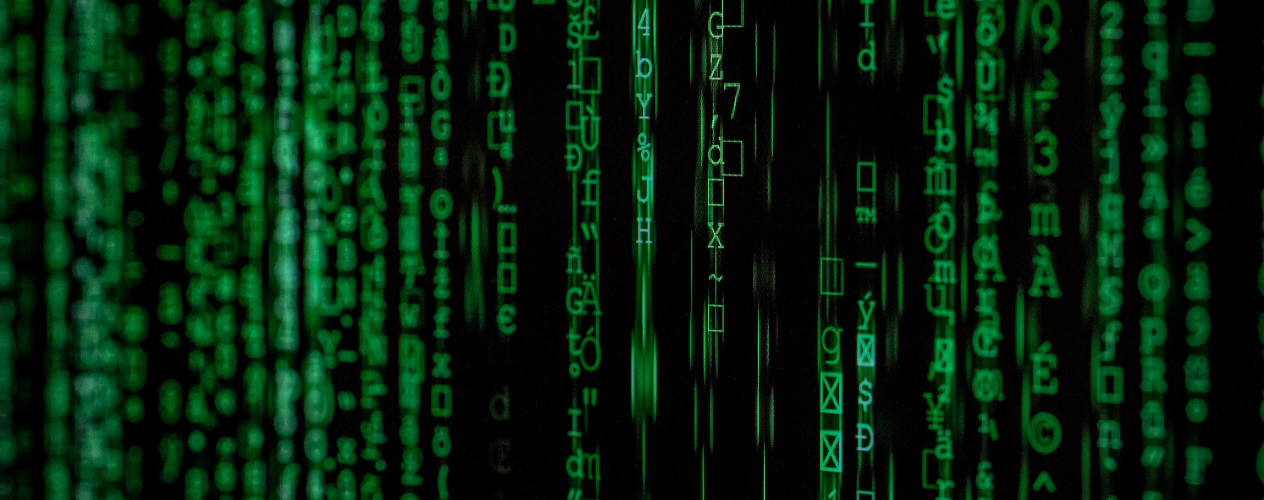The Future of Secure Access: Facial Recognition Systems in United Kingdom
Leveraging Technology for Enhanced Security and Efficiency

By Iffy Kukkoo
03 Jun, 2023
In the era of rapid technological advancements, the world of security systems is not left behind. Facial recognition technology, once the stuff of science fiction, is now a reality and is increasingly being used in various sectors around the world, including in Ireland.
Facial recognition systems are a potent blend of software, algorithms, and databases designed to identify or verify a person's identity using their facial contours. It works by comparing selected facial features from a given image with faces in a database.
The Mechanism of Facial Recognition Technology
The facial recognition process is complex and involves several stages. Initially, the system detects a face in the image, analysing specific features. The software then converts this initial facial image into a unique mathematical representation, which is compared with the facial data in a facial recognition database to find a match
This intricate technology offers increased efficiency and security. Gone are the days of card access systems that can be lost, stolen, or duplicated. Your face becomes your access card, making it almost impossible to forge.
The Growing Market and Increasing Adoption
According to a report by Market Research Future, the facial recognition market is projected to reach USD 8.93 billion by 2022 at a CAGR of 19.68% during the forecast period. A key driving factor of this growth is the escalating need for enhanced surveillance and monitoring in public places.
In Ireland, the uptake of facial recognition technology is rapidly gaining traction. In 2018, Dublin Airport began trailing a new facial recognition technology aiming to expedite the immigration process. This instance demonstrates the wide-ranging applications of the technology.
Companies are also leveraging facial recognition technology to provide an extra layer of security, ensuring only authorized individuals gain access to specific premises or data.
The Ethical and Privacy Implications
Despite the advantages, this advanced security system doesn't come without its share of concerns. Privacy is a significant concern associated with facial recognition technology. There are fears that it can be used as a tool for mass surveillance and infringe upon individual privacy.
In Ireland, the Data Protection Commission (DPC) plays a crucial role in ensuring that the use of facial recognition technology strictly adheres to data protection laws and the rights of individuals are respected.
As we stride into an increasingly digital future, it's important to strike a balance between leveraging technology for improved security and preserving individual privacy.
In Closing
Tech entrepreneur Marc Goodman once said, "The number one benefit of information technology is that it empowers people to do what they want to do." Facial recognition technology does exactly that by offering a secure and efficient way to manage access control.
The future of access control is here, and it wears a human face. Facial recognition technology, despite its potential challenges, is set to revolutionize how we perceive security and access control, providing a more secure, accurate, and efficient method for access control. With the right guidelines in place, this technology can enhance security without infringing on individual privacy.

